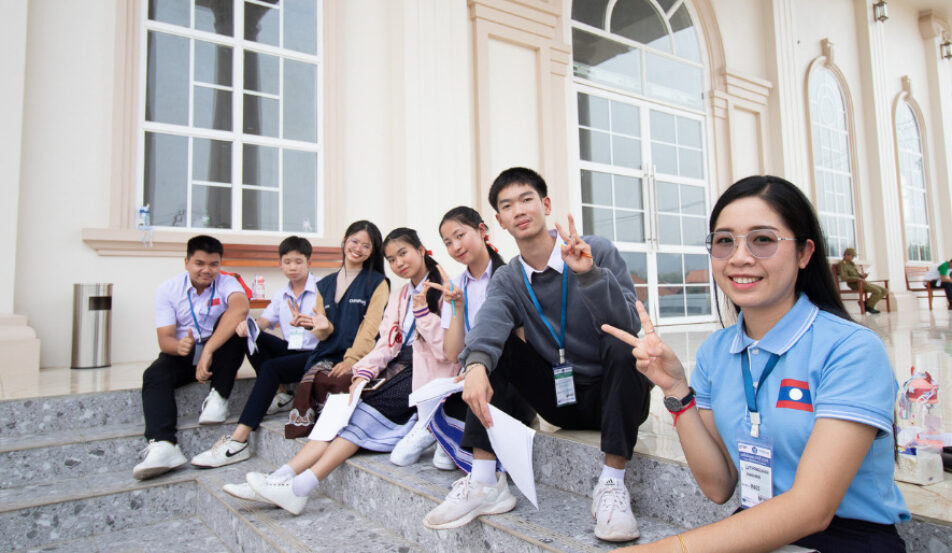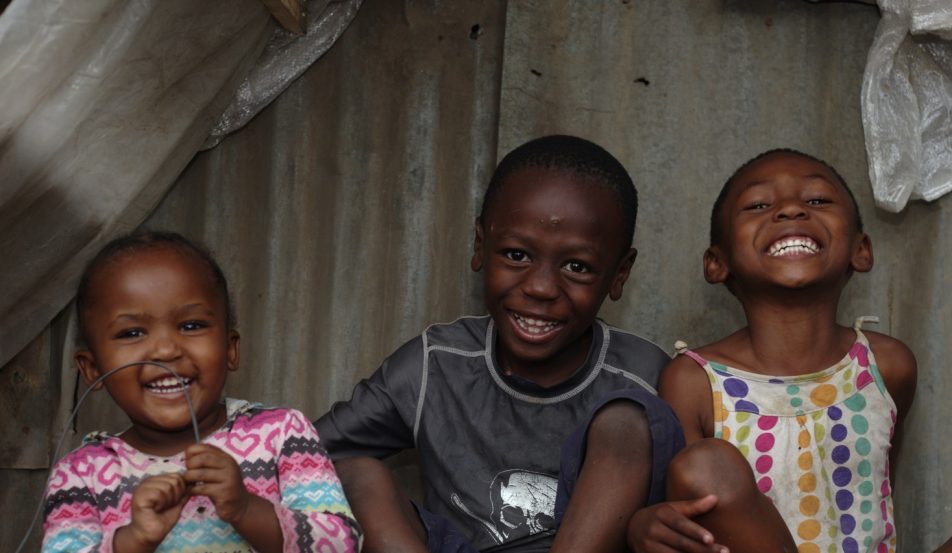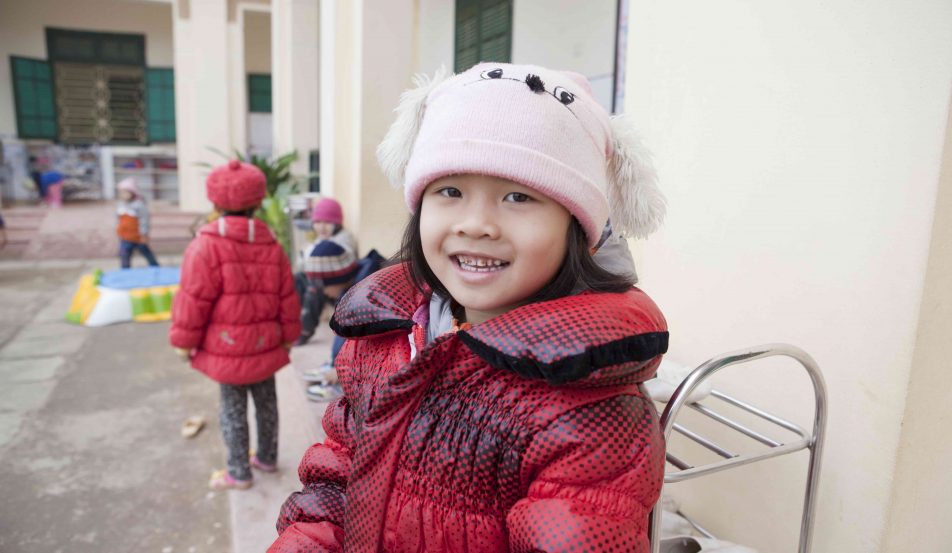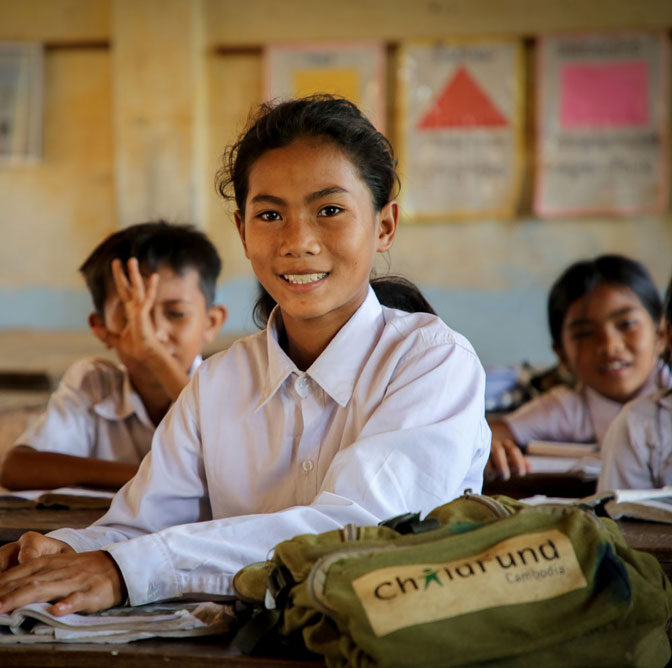Youth in Bolivia: ‘We might be small, but we can do big things’
It’s common to hear older Bolivians describing adolescents and children as being in their “donkey’s age” because they can be bull-headed. But this perception of youth is now changing in the city of Tarija, southern Bolivia, where children and youth have been given the opportunity to put forward their own solutions for community problems like alcoholism, garbage and poor-quality playgrounds.
“We might be small, but we can do big things” is the slogan of one of the youth clubs.
This dream started with small steps. With support from ChildFund Bolivia, young people created clubs in their local area by choosing their own names, designing logos and writing club constitutions with rules about honesty, punctuality, teamwork and more.
One of the main problems the youth clubs identified was pollution in their neighbourhoods, as well as a lack of good recreational spaces. The few playgrounds that did exist were in poor condition. They also recognised that a lack of street lighting and persistent alcoholism made their neighbourhoods more dangerous. These concerns echoed what ChildFund Bolivia staff heard during our area strategy discussions with the Tarija communities.
After forming a club, the children in Guadalquivir planted 12 trees – which they bought themselves – during a clean-up campaign. In Nueva Esperanza, the club members started a campaign to prevent alcoholism and also purchased new lights for the community’s soccer field. A youth leader, studying architecture, designed a new playground and coordinated the project in Moto Mendez.
One of Tarija’s rural partners had problems with the speed of traffic near a school so the children consulted the mayor. As a result, speed bumps were put in place. In the same area, the youth raised awareness among adults to use the garbage collection services that passed through the community once a week, instead of tossing trash out on the streets or burning it.
Money is often short, so the club members have made alliances with local authorities and parents’ groups. Municipal governments have helped the children’s groups buy trees to plant in their neighbourhoods.
These are just a few examples of how children and youth can speak up, reach out and create change – because as they tell us: “There are more ideas and, of course, a lot of energy!”






